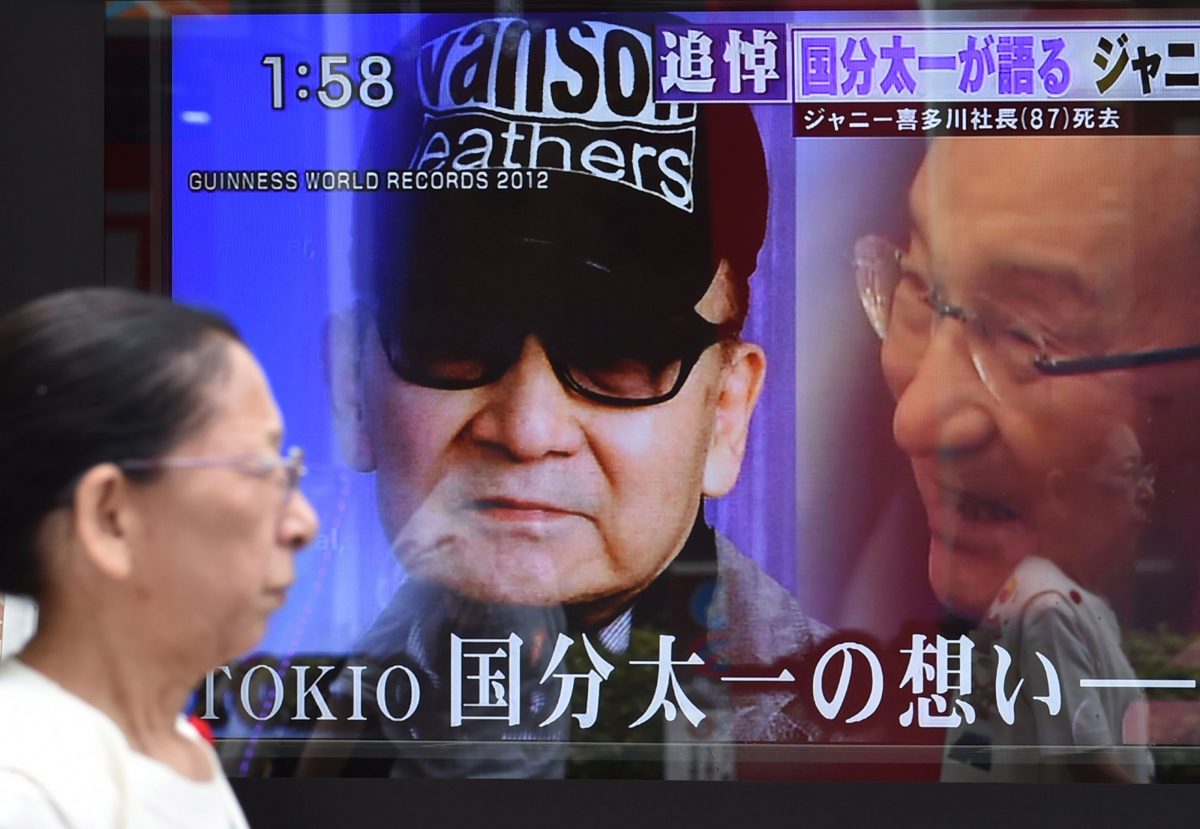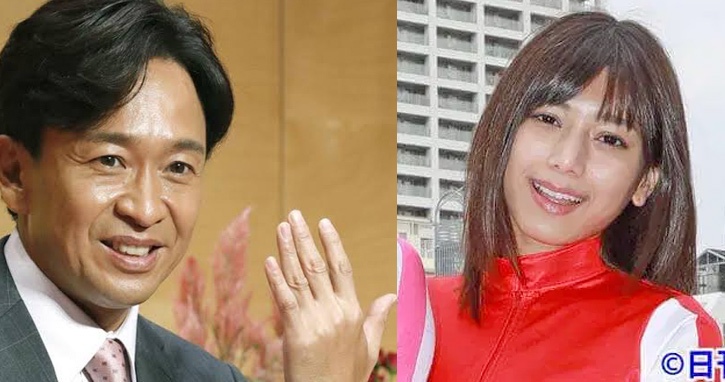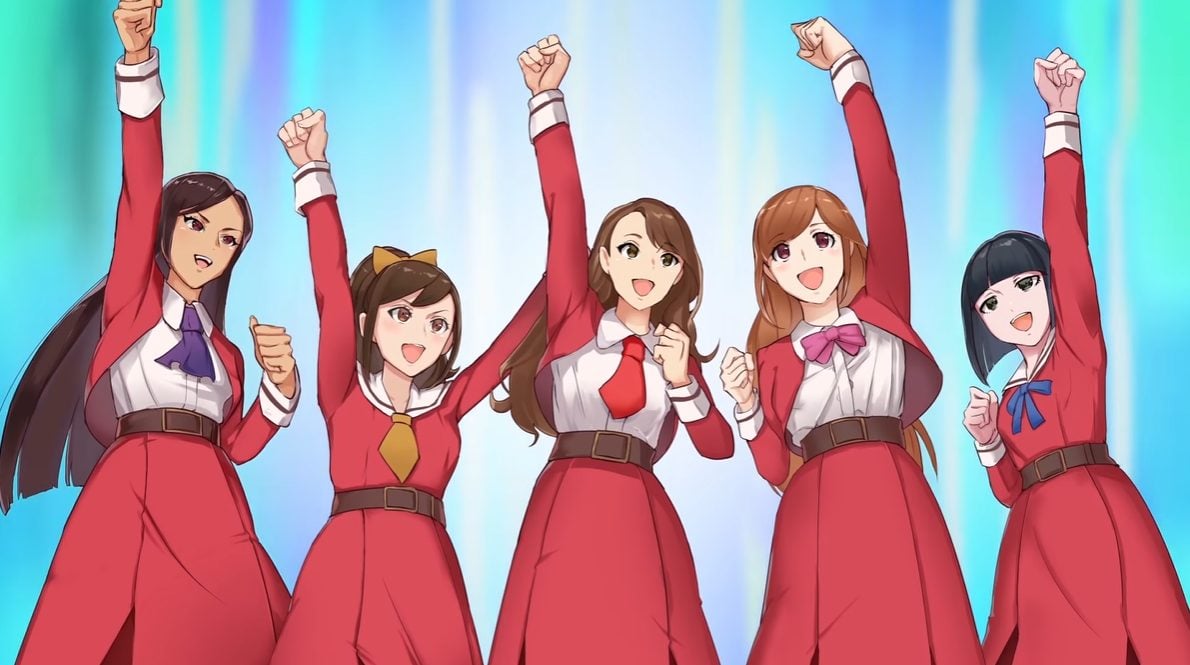
Last week Japan’s media went into tumult with the announcement that Johnny Kitagawa, the mysterious force behind Japan’s most famous boy bands, had been rushed to the hospital after suffering a stroke. The talent agency mogul passed away at the hospital, dying at age 87. His sprawling company, Johnny’s & Associates (J&A), was the force behind virtually every major male idol band in the last 50 years, and Johnny Kitagawa’s death can give us some interesting insights into how Japan’s media works.
Johnny Kitagawa has been a hugely enigmatic figure in Japan’s entertainment world. As I wrote in my write-up a few years ago, the idolmaster was born in Los Angeles in 1931 to Japanese parents, then returned to Japan soon after. After WWII ended, Johnny leveraged his English skills to work in the U.S. embassy as an interpreter.
One day in 1962 he befriended some teenage boys he met in Yoyogi Park and created his first boy singing band called The Johnnys. Over the years he continued to create and manage new bands, actively copying the model of The Monkees as a way of adjusting each band to appeal to different kinds of fans. Across 57 years, every major male idol band would be produced by J&E, including Hikaru Genji, SMAP, Arashi, Kat-Tun, V6, TOKIO, Hey! Say! JUMP, all of whom are household names across Japan, generally popular with fans aged 8 to 88.
In the same way that Walt Disney is famous not just for creating lovable characters centered around a theme park, but also creating Disney University as a place to indoctrinate incoming staff into the lore and traditions of the Disney company, complete with rebranding all employees as “cast members,” Johnny established a system of junior and temporary band units where younger members could develop their singing and dancing skills until they were ready to move to the forefront. He used this system repeatedly to keep members’ skills developing until they were ready for major stardom, and his system was so successful that he’s listed in the Guinness Book for producing the most #1 singles (232).
J&E’s bands are so influential and important to Japan’s TV networks that the Japanese news media is generally happy to self-censor any news of scandals related to “Johnny’s-kei” groups, lest they find themselves blackballed by the influential agency in retaliation, unable to get top male idols like Sakurai from Arashi dispatched to report on political events, which is a common sight on Japanese TV. The speed at which Japan’s news media moves to silence or reduce the effects of any negative press against influential talent agencies like J&E, as well as touchy topics like anti-nuclear demonstrations related to the Fukushima disaster or anti-foreign demonstrations by right-wing groups in Tokyo, has generally caused the masukomi (what the news media is called, from “mass communications”) to be cynically referred to on the Japanese Interwebs as masu-gomi or “mass-garbage.” More than a few Japanese internet users turn to international news sources like Yahoo! News or MS-NBC, who generally report things that are sometimes ignored by the mainstream Japanese press.
Are you a fan of Johnny’s & Associated musical groups? Did Johnny Kitagawa’s death affect you deeply? Give us your thoughts on Twitter.














